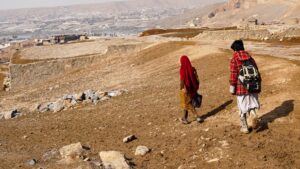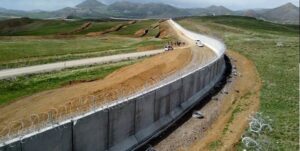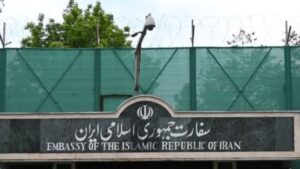MONITORING (SW) – The ‘Pashtun Jirga’ (grand council of Pashtuns) in Pakistan has called for the formation of an elected government in Afghanistan.
The jirga, held for three days in Banu, Khyber Pakhtunkhwa, ended yesterday with a 25-article resolution.
It noted that seizing power in Afghanistan by force is illegal and betraying the people, and that a republican system must be established in accordance with international standards.
It has also expressed concern about the current crisis in Afghanistan and called on the United Nations and neighboring countries to help its citizens and treat Afghan refugees legally and humanely.
The statement also said that it does not accept the installation of barbed wire along the Durand Line and wants trade between residents on both sides of the line to be free and traffic to take place without any documents.
Elections and the formation of an elected government by popular vote have also been proposed by a number of former Afghan and foreign officials, but the Islamic Emirate has not responded to these demands and has declared the current government remains legitimate and inclusive.
The demands of Pakistani Pashtun Jirga, which was attended by thousands of people, were mostly related to the government’s policies, but the central government and other Pakistani officials have not yet responded to the jirga and the demands.
In a move to clampdown Pashtuns, Pakistan police formally arrested incarcerated Pashtun Tahaffuz Movement (PTM)) leader Ali Wazir in a case pertaining to allegedly delivering provocative speeches against the security establishment.
Wazir was arrested in Peshawar on December 16, 2020, at the request of the Sindh police, and flew to Karachi. Wazir was arrested on the charges of making insulting and incendiary speeches against the state institutions at a PTM protest rally in Karachi on December 6, 2020.
The PTM leader was charged for treason and hate speech against the state. However, Wazir denied such allegations and blamed the state for a biased attitude towards minorities.
ENDS






